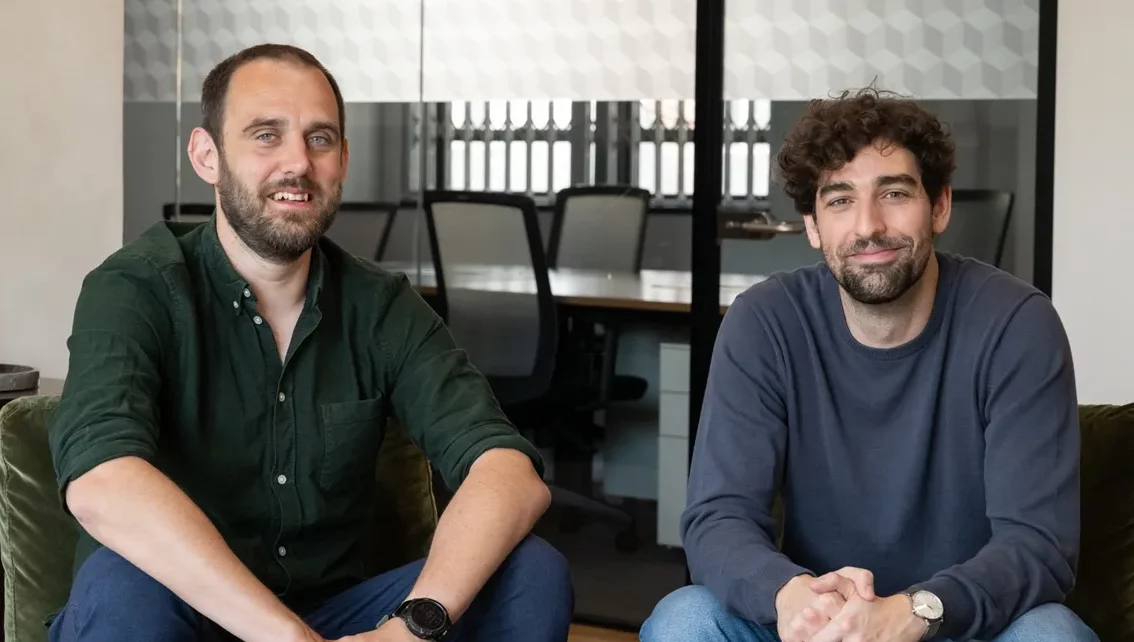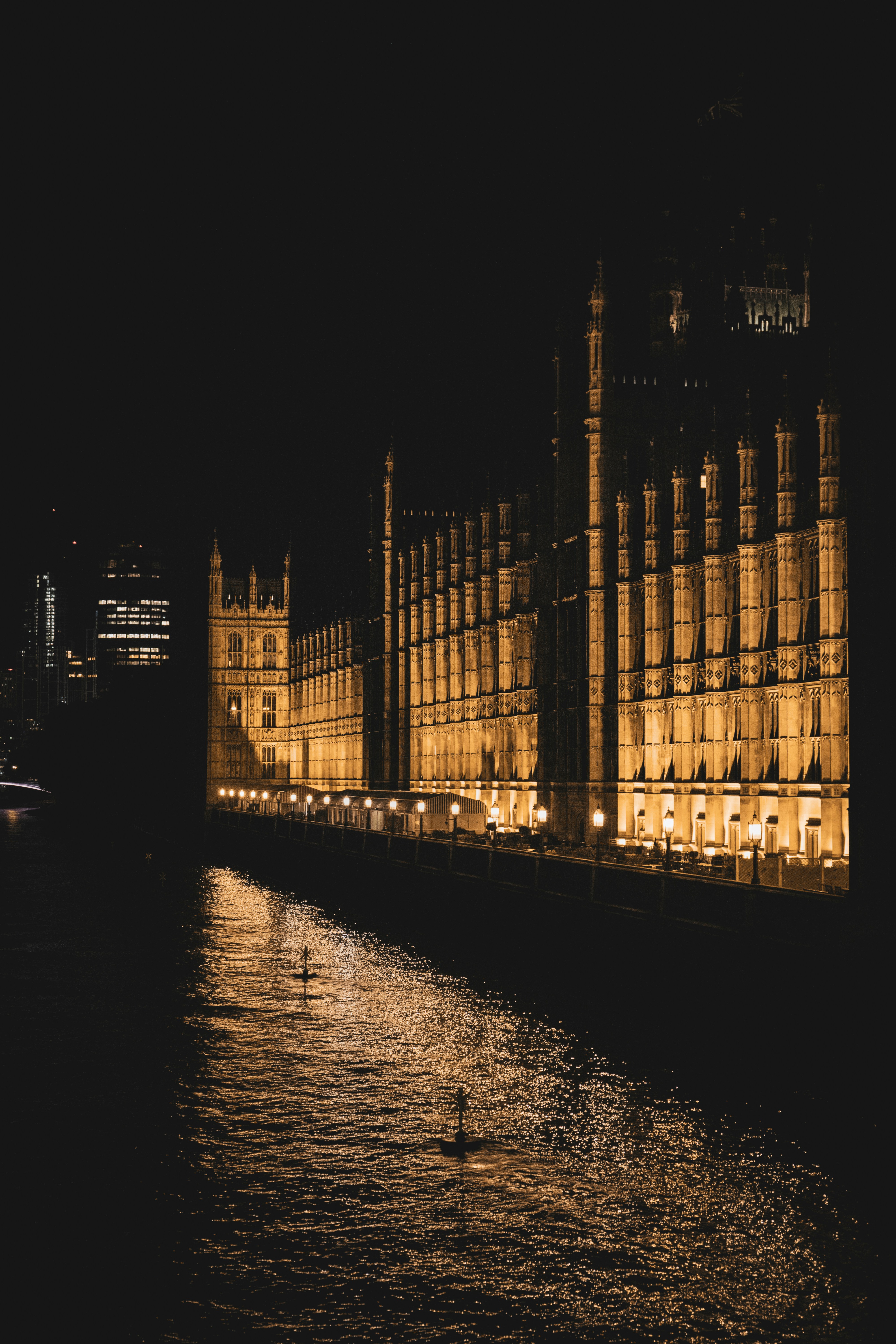
- Insights
Access to the information superhighway: the fourth wonder of the modern world
Adam Chirkowski, Investment Director at Albion, talks about the ever increasing demand on data infrastructure

Water, gas and electricity have been the long-standing triumvirate of utilities.
Recognised as such, the UK built infrastructure to cope with ever increasing demands. We moved from taking buckets to the river to turning on a tap in the house and letting the water flow.
Society, driven by technological innovations, is evolving and moving forward at an ever-increasing rate. Over the last 20 years a new necessity has arisen to make society tick – information and data. We have now reached the point that access to information and data has become the 4th utility of the modern world.
There are 2.5 quintillion bytes of data created each day.
To put this into context, 90% of data that exists in the world today was generated within the past two years. We live in a globalised world where people can be located virtually and are instantly available to those on the other side of the world. And with artificial intelligence, the cloud, quantum computing, virtual reality, the internet of things, it is a trend that is only set to increase. What was once to be found in a Philip K Dick novel is fast becoming reality, and it’s all driven by mountains of data.
There’s only one problem – with ever increasing data comes an increasing demand on the infrastructure providing access to it, and the current infrastructure in the UK is bursting at the seams!
As much as the fleet of BT vans advertising ‘ultra-fast fibre broadband’ would suggest otherwise, the majority of broadband infrastructure across London and the UK is still copper based. It was built for a time before we knew what the internet would become, it has limited capacity and becomes slow and unreliable when a number of people are trying to use it.
The result? Other than making buffering your favourite BBC iPlayer show a frustrating task, small businesses that can’t afford dedicated fibre lines are struggling to go about their day-to-day activities efficiently. Doctors practising on Harley Street, for example, are uploading and sending detailed medical images at the end of the day in the hope they have been uploaded and sent off by the time they come back in the morning. London is ranked 26th out of 33 major European cities in terms of connectivity speeds – just ahead of Minsk.
So what’s the solution?
The big incumbents don’t have the capital to fully update their existing networks and the return on capital of replacing it, rather than sweating what they have in place, just doesn’t compute. Instead we’re entering a ‘brave new world’ of broadband infrastructure installations, powered by small, flexible ‘altnet’ providers, who are targeting market niches and providing fibre optic infrastructure running directly from the consumer to the superhighway. Fibre optic cable can carry more than a thousand times the bandwidth of copper cable and go more than one hundred times further. It is not just a better alternative to copper, but the only available infrastructure suitable to fulfil the ever-increasing demands of the modern world.
Albion is actively involved in this through G.Network, who are installing fibre optic networks in the streets of London, with a focus on the capital’s SME community. Over the next few years they aim to connect 50% of central London’s streets directly to each company’s premises, allowing instant access to the data and information necessary for their businesses and allowing them to operate at a global level.
Landlords and house builders are also realising that they need to provide this to let out or sell their properties:
“What’s the connectivity like?”
It’s one of the first questions potential tenants and buyers might ask when considering properties. It’s a utility. A necessity for life in the modern world. It’s not hard to see a time where this question becomes irrelevant and will be expected, just like it’s expected that there’s a water supply.
The time has come to stop taking buckets to the river and to simply turn on the tap.







